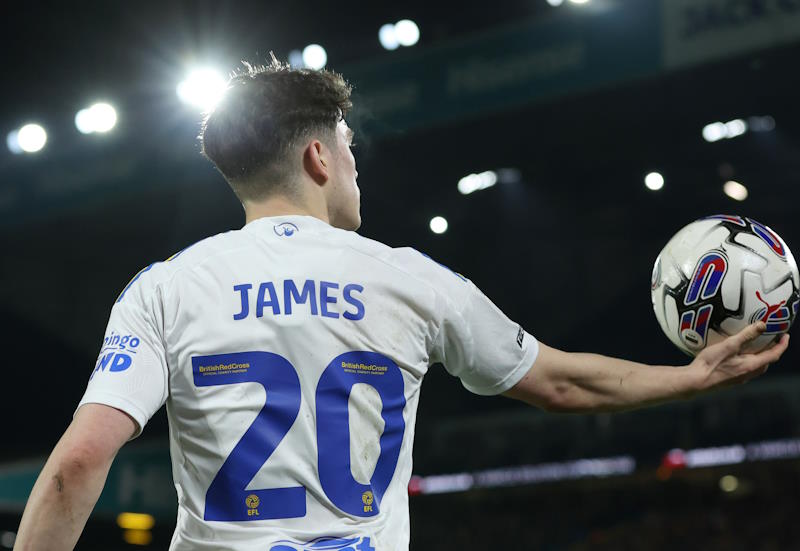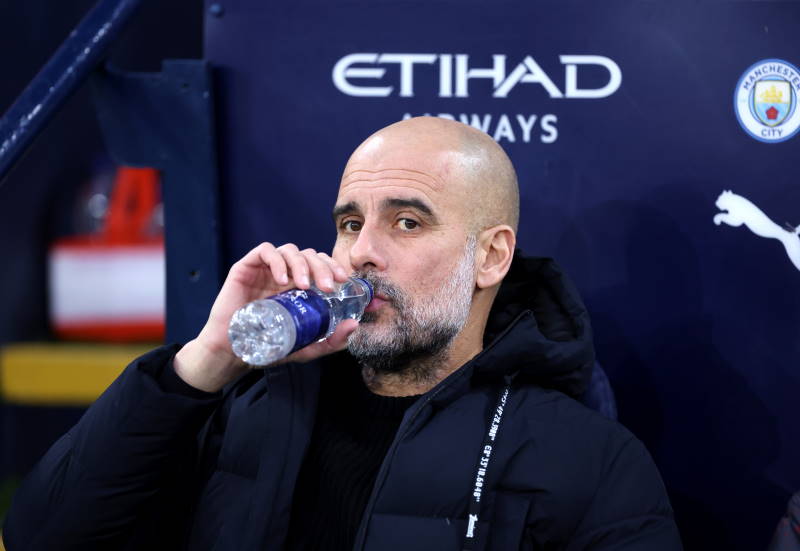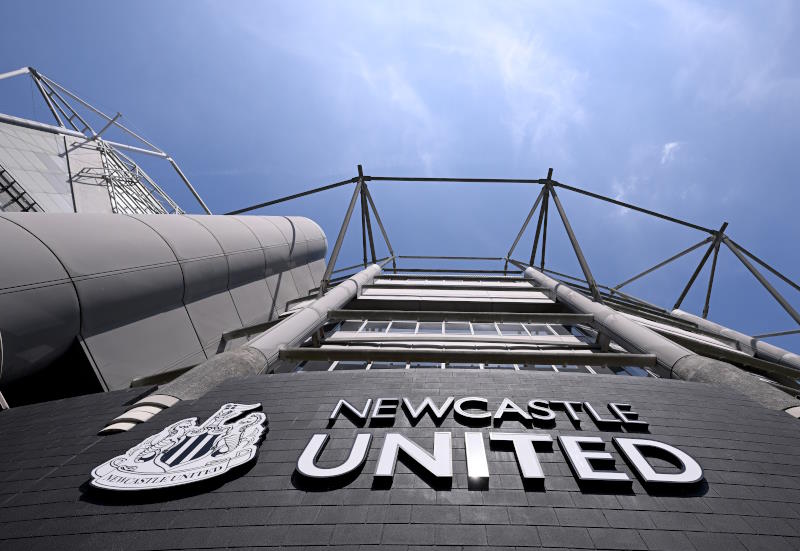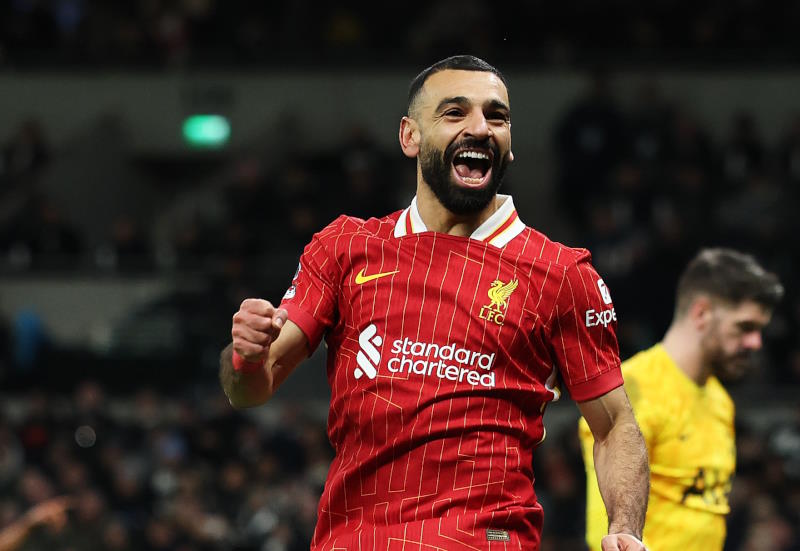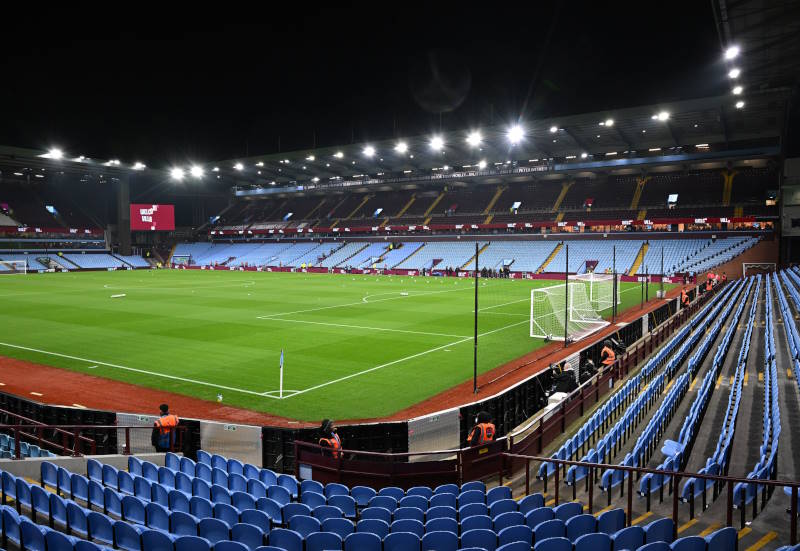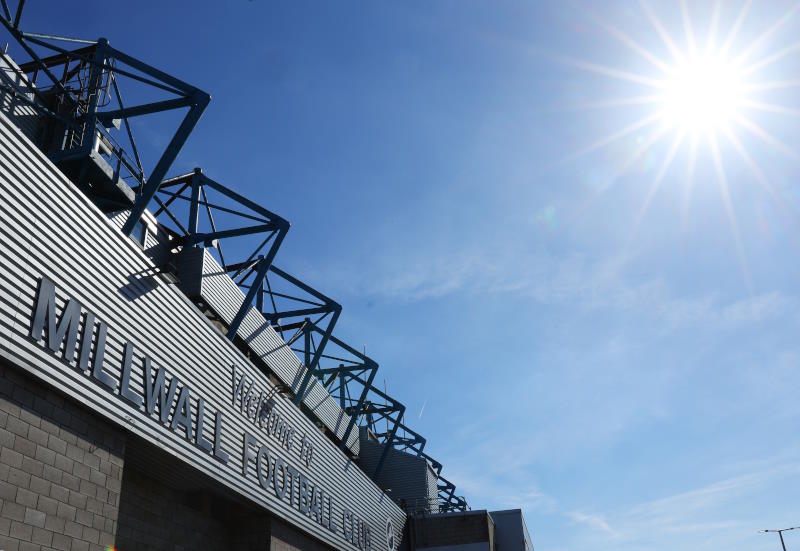
Nick Dorrington
Sven-Goran Eriksson’s appointment as Mexican national team coach was always a curious one. As only the third non-Hispanic to ever take on the role and with Spanish clearly learnt in the classrooms of Europe, rather than on the streets of Mexico City, he was an unpopular choice with the notoriously nationalistic Mexican population.
While the Mexican FA clearly felt that a fresh approach was needed following the unsuccessful reign of Hugo Sanchez, many questioned whether Eriksson had the necessary understanding of the domestic game, and the politics than surround it, to lead the nation to glory. Even his agent Athole Still was dubious. “I never wanted him to take the Mexico job” he admitted. “I knew and had been warned that it’s just a hot-house of politicising.”
Eriksson’s lack of local knowledge was displayed no more clearly than on the issue of naturalised Mexicans. A bone of contention ever since Javier Aguirre first called up Argentina-born Gabriel Caballero in 2002, many Mexicans still feel that they have no place in the national team. While previous national team coaches relied on one or two naturalised players to embellish their squad, the Swedish trainer had the temerity to select four such players for a friendly against his home nation in January.
While Eriksson defended his selection with the explanation that he was free to pick from anyone with a Mexican passport, opposition was rife, even from within his own camp. "It is a very delicate situation, there are a lot of Mexicans waiting for a chance in the national team and this makes it more and more difficult for them," goalkeeper Guillermo Ochoa told reporters at the time. "It is obvious that the Mexican player should have better opportunities, so I think the subject of naturalised players needs more analysis."
Three of those naturalised players, namely Leandro Augusto, Sinha and Matias Vuoso, have at times made important contributions during Eriksson’s reign, but it was the decision to select midfield journeyman Lucas Ayala that bore the brunt of the criticism in the local press. "Lucas Ayala is a player who has tried hard and he deserves to be called up," Necaxa coach Raul Arias told Ovaciones. "But I believe that there are at least two Mexican players in his position who are better.”
However, for all his off-field faux-pas, it was on the pitch that Eriksson’s Mexico truly failed to live up to expectations. A promising start to the penultimate stage of CONCACAF World Cup qualification saw his side pick up three straight victories, at home to Honduras, Jamaica and Canada. But results were far poorer away from home, as two defeats and a draw meant that Mexico only narrowly avoided elimination, beating out Jamaica on goal difference to progress to the final stage as second-place finishers in their group.
Such performances had further lowered the coach’s standing with the locals, and it seemed certain that he would receive his marching orders after Mexico fell to a 2-0 defeat, away to their bitter rivals the United States, in the first game of the final qualifying phase. Despite intense pressure from the media, who had made their feelings toward Eriksson patently clear following the defeat, the Mexican association kept faith in their man. "We fully stand behind Eriksson because our objective is to reach the World Cup. And we will be at the World Cup,” president Justino Compean asserted at a specially arranged press conference a day after the defeat.
Despite such assurances, Eriksson knew that his position was under threat going into the double header with Costa Rica and Honduras. "I've been asked about my future… If we lose against Costa Rica and Honduras, my answer is simple – I have no future,” he admitted.
A solid, if unspectacular performance gave Mexico a 2-0 win at home to Costa Rica in the first of the two games. But in the end it was his side’s atrocious away form that came back to haunt Eriksson, as a tepid 3-1 defeat to Honduras all but sealed his fate. "We could not take risks with qualification for the World Cup, and we could not rely solely on results at the Estadio Azteca," Compean told the media. "We had a meeting with Mr Eriksson and – although it is a shame for me and a lot of people – we told Mr Eriksson that his spell with the national team was over.”
While a return to European club football appears imminent for Eriksson, the Mexican association moved swiftly to replace him with Javier Aguirre – recently relieved of his duties at Spanish side Atletico Madrid.
He will now be tasked with getting their World Cup qualification campaign back on track, although Compean has admitted a lot of work will be required, both on the field and behind the scenes, to make Mexico a force to be reckoned with once more. "It is obvious that we have reached a period of stagnation," he said. "In not getting results, we have failed in our planning. This is not a recent thing and it is our responsibility, which are not going to shirk."


